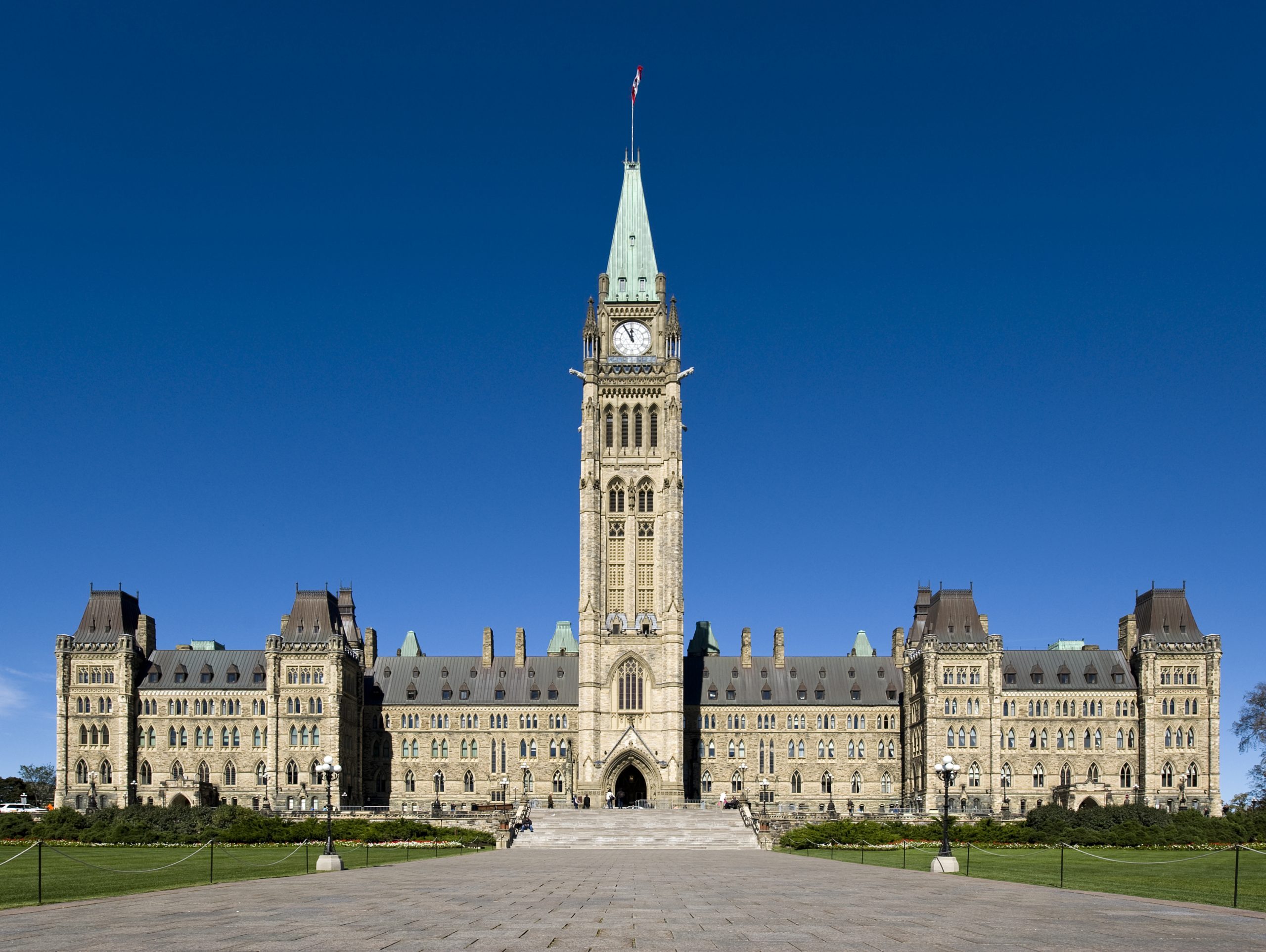A local think-tank thinks the user-pay concept should apply to rural roads damaged by mining, forestry, oil and gas companies and other heavy users.
“The user-pay principle should be extended to certain sectors and industries that create heavy-traffic road damage and that impose exceptional infrastructure maintenance costs,” said a Frontier Centre for Public Policy report released Monday.
“Heavy and damaging road use can be charged to certain users if a user-pays mechanism that is accurate and justifiable can be found,” the study concluded.
David Seymour, Saskatchewan director of the Frontier Centre and co-author of the study, said many heavy users don’t pay their fair share of the cost of road repairs, which adds to the property tax burden.
“As a basic public policy principle, it’s always better if you can link your costs and benefits directly,” Seymour said. “Even if the rural municipalities do have enough money (to fix the roads), it’s still a fairness issue.”
With road maintenance accounting for more than 50 per cent of the typical RM’s annual budget, Seymour said the problem is getting worse in areas where commercial traffic is causing most of the damage and generating most of the costs.
Seymour conceded one of the biggest stumbling blocks to the user-pay principle is measuring who is using the roads and how much.
“It’s a particular problem in Saskatchewan because it’s hard to have tolls on a grid system,” he said.
But Seymour said one municipal government in his native New Zealand found that the dairy and forestry industries caused most of the damage on its roads.
The New Zealand municipality imposed a “targeted tax” rate on those heavy-use industries. Seymour said other methods of measuring and taxing road usage could include “wheel hub meters,” satellite tracking systems, variable mill rates.
“It’s all about more intelligent and more specific (tax) targeting,” he said.
Dale Harvey, assistant executive director of the Saskatchewan Association of Rural Municipalities (SARM), agreed many RMs have problems with heavy road users and the current methods of charging them are out of date.
Under the Municipalities Act, RMs can make “road maintenance agreements” with companies that are heavy road users, but the maximum rates RMs can charge hasn’t changed in “a lot of years,” he said.
But Harvey said implementing a “user-pay” system for road use poses several problems. “What happens with multiple users?,” Harvey said, citing potash and oil and gas companies using RM roads as an example. “How do you decide who to charge?”
Moreover, oil and gas and mining companies pay millions of dollars in royalties and corporate taxes to the province, not to mention property taxes to municipalities.
“(The tax system) has to be competitive with other jurisdictions,” Harvey said.


